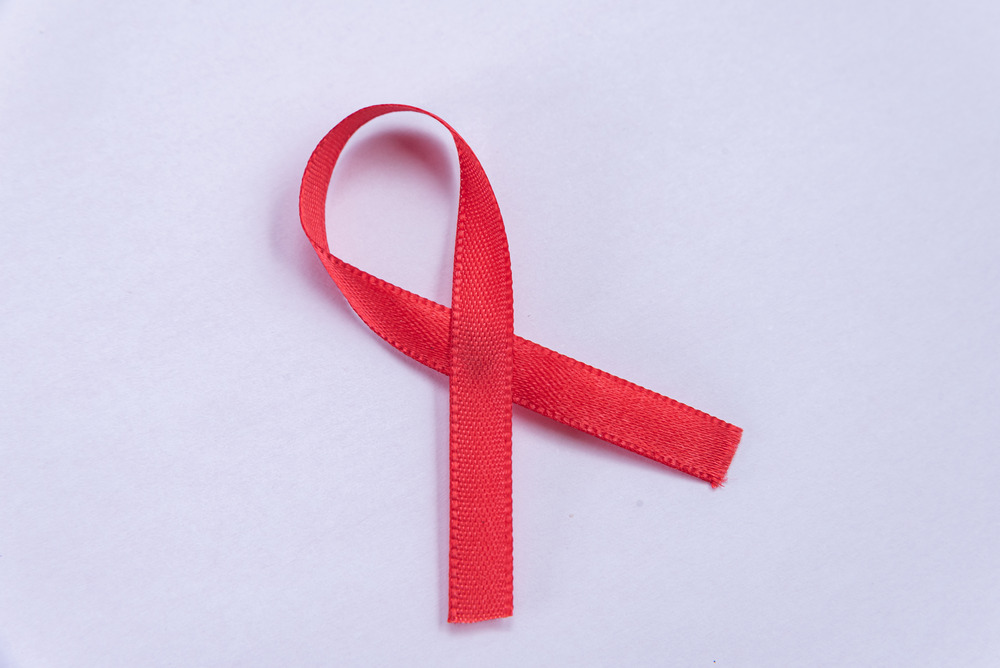Sexually transmitted diseases (STDs) are a global health concern, affecting people of all ages and backgrounds. While the topic may be uncomfortable to discuss, it’s crucial to be informed about STDs and how to prevent them. In this blog post, we will explore STD prevention strategies, emphasizing the importance of sexual health in leading a fulfilling and safe life.
Understanding STDs:
STDs, also known as sexually transmitted infections (STIs), are infections that can be transmitted through sexual contact, including vaginal, anal, and oral sex. They encompass a wide range of infections, such as chlamydia, gonorrhea, syphilis, herpes, and HIV/AIDS, among others.
The Importance of Prevention:
Preventing STDs is essential for several reasons:
Health and Well-Being: STDs can cause a range of health problems, from discomfort and pain to severe complications, including infertility, cancer, and even death in the case of HIV/AIDS.
Public Health: STDs can be highly contagious and contribute to the spread of infections within communities. Effective prevention measures help protect public health.
Emotional and Psychological Well-Being: An STD diagnosis can have emotional and psychological effects. Preventing STDs can reduce the stress and anxiety associated with such diagnoses.
Prevention Strategies:
Safe Sex: Consistently and correctly using latex or polyurethane condoms during sexual intercourse is one of the most effective ways to prevent STDs. Condoms provide a barrier that reduces the risk of transmission.
Regular Testing: If you are sexually active, regular testing for STDs is essential. Many infections, such as chlamydia and gonorrhea, can be asymptomatic. Early detection and treatment are crucial.
Communication: Open and honest communication with sexual partners is vital. Discuss your sexual history, testing, and prevention methods with your partner(s) to make informed decisions together.
Vaccinations: Vaccines are available to prevent some STDs, such as HPV (human papillomavirus) and hepatitis B. Speak with your healthcare provider about vaccination options.
Limit Sexual Partners: Reducing the number of sexual partners and choosing partners who are also committed to prevention can lower the risk of exposure to STDs.
Screening and Treatment: If you test positive for an STD, seek prompt treatment. Many STDs are curable with antibiotics, while others can be managed effectively to prevent complications.
Avoid Risky Behaviors: Avoiding risky behaviors, such as sharing needles or engaging in unprotected sex with multiple partners, can significantly reduce the risk of STD transmission.
Education: Educate yourself about STDs and how they are transmitted. Knowledge is a powerful tool in prevention.
Conclusion:
Your sexual health is a fundamental aspect of your overall well-being. Taking proactive steps to prevent STDs not only protects your health but also contributes to public health by reducing the spread of infections within communities. Open and honest communication with healthcare providers and sexual partners, along with regular testing and safe sex practices, are the cornerstones of STD prevention. Remember that prioritizing sexual health is a responsible and empowering choice that enables you to lead a safe, healthy, and fulfilling life.




